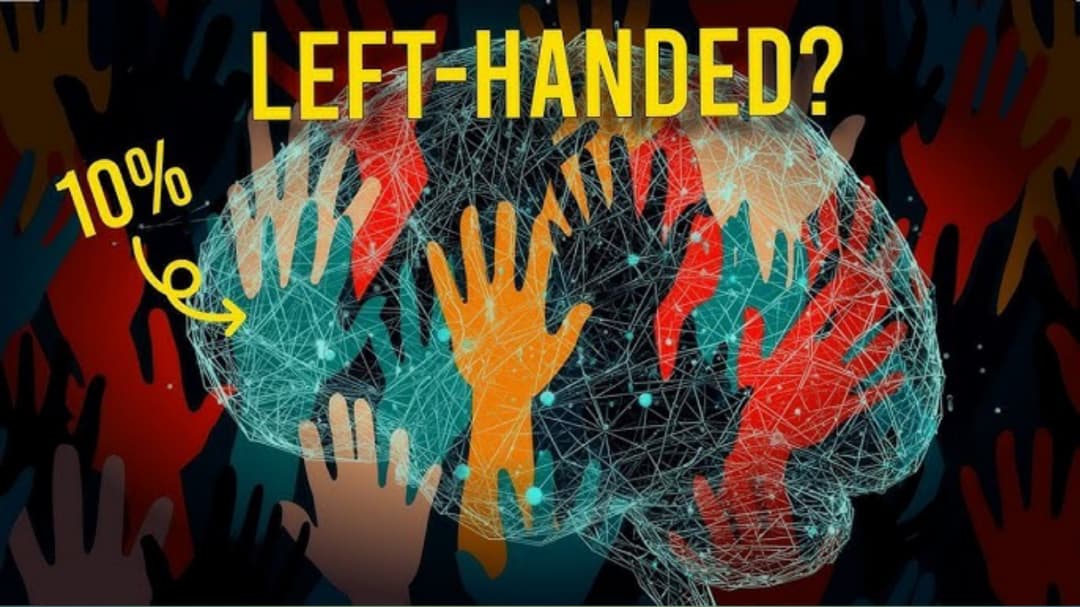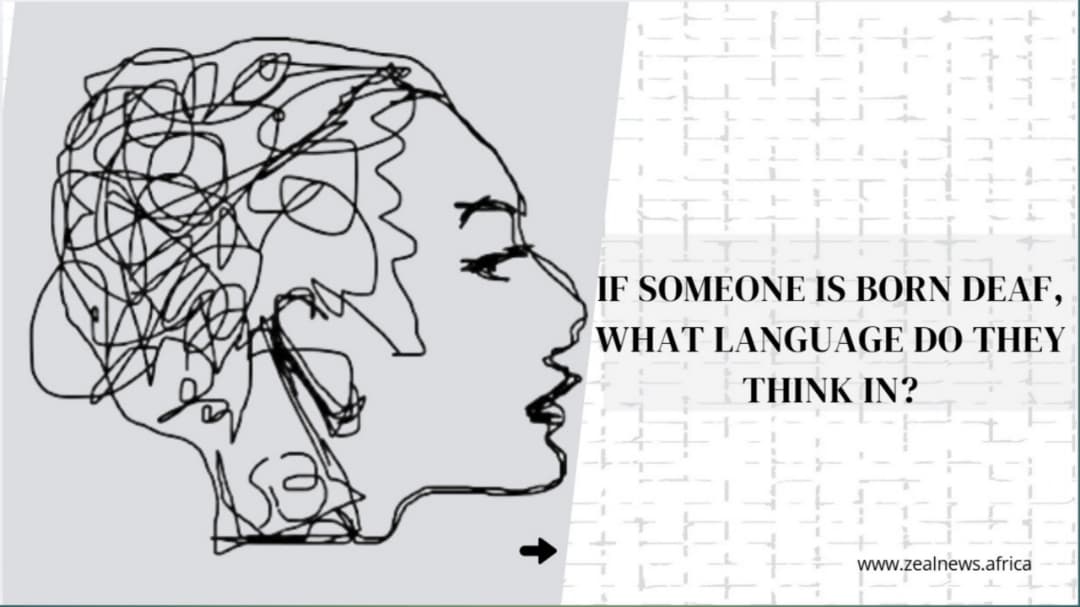Pay Slip, Motivation Slips: The Silent Crisis Among the Working Class

“Every time I see my pay slip, my motivation slips too.” That was her entire resignation; one line, typed and posted on LinkedIn, but it struck a universal nerve. Beneath the humor was exhaustion, the quiet frustration of millions who work full-time yet feel perpetually shortchanged. Her post wasn’t just a resignation note; it was a mirror held up to a generation whose loyalty is being tested by wages that no longer match the cost of living.
At 6:30 a.m., Lagos is already awake. Buses wheeze down Ikorodu Road, men and women clutch lunch packs and phones, and the sun rises over a city powered by exhaustion. For countless Nigerians, each day begins with a familiar ritual; work, not for ambition or joy, but for survival. Salaries arrive late, bills arrive early, and the human spirit is caught in the middle. Behind the hum of daily hustle lies a truth too often ignored: the working class is tired, and their motivation is quietly slipping away.
The Paycheck That Doesn’t Pay Enough

Every month, millions of Nigerian employees receive their pay slips with a mixture of relief and dread. Relief because it means another month of survival; dread because it rarely stretches far enough. According to the National Bureau of Statistics, the average monthly income for many urban workers remains below ₦100,000, a figure dwarfed by rising transport costs, food inflation, and rent.
For the Nigerian middle class, this means a perpetual loop: work, earn, spend, repeat. The numbers add up on paper, but reality erases them by mid-month. The pay slip might come with gratitude, but it rarely brings dignity.
The Emotional Tax of Survival Work
Beyond the physical fatigue lies the emotional exhaustion of doing everything right but going nowhere. Psychologists describe it as “burnout economics” , the cost of living on the edge of productivity and poverty. A 2024 survey by Jobberman Nigeria found that over 56% of workers feel disengaged at work, citing poor compensation, lack of growth, and toxic environments.
The result is an epidemic of quiet quitting, employees staying in jobs but mentally checking out. Motivation erodes silently, replaced by resentment. To cope, workers turn to “side hustles,” but juggling multiple jobs only deepens fatigue. For many, life has become a balancing act between survival and self-preservation.
Economists often argue that Nigeria’s true crisis isn’t unemployment, it’s underemployment. People have jobs, but not livelihoods. Despite government discussions around a new minimum wage, inflation continues to erode purchasing power.
According to Trading Economics, Nigeria’s inflation rate hovers above 25%, the highest in nearly two decades. This means that even as salaries inch upward, real income plunges. The result? The more people work, the less they gain, a paradox that fuels widespread disillusionment.
The Psychological Cost of Stagnation
There’s a deeper loss than money; meaning. Motivation is driven by purpose, and when effort yields no progress, the human psyche falters. A 2023 report by the World Health Organization revealed that workplace stress contributes to over 15% of global depression and anxiety cases, with African countries facing underdiagnosis due to stigma and lack of access.
In Lagos, Abuja, or Port Harcourt, workers talk about mental health in hushed tones. Therapy is seen as luxury; burnout is normalized. Even the word “rest” feels indulgent. The result is a population of functioning fatigue, people who wake up every day to do what they must, not what they love.
Motivation as a Privilege
In a country where survival is the baseline, motivation itself has become a privilege. It’s easy to preach passion and purpose when one’s bills are paid. But for millions living paycheck to paycheck, the concept of “career fulfillment” feels distant, almost cruel.
Corporate culture adds salt to the wound. Motivational posters promise “growth” and “innovation,” yet annual appraisals bring token raises that barely offset transport costs. Some companies offer pizza parties instead of pay increments, mistaking morale for management. Beneath the smiles, workers feel invisible.
The Cultural Pressure to Keep Smiling
Nigeria’s cultural values; resilience, hustle, and optimism, have long been sources of pride. But they’ve also become burdens. The glorification of “hard work” often silences genuine frustration. To complain about low pay or poor conditions is to risk being labeled lazy or ungrateful.
This social conditioning traps workers in silence. They perform enthusiasm at the office, laugh during staff meetings, and share jokes about “sapa” (being broke) online using humor to hide exhaustion. Beneath it all, motivation keeps slipping, quietly and collectively.

The Gendered Side of Burnout
Women in Nigeria’s workforce face an even steeper climb. A 2023 study by the International Labour Organization found that female employees are 30% more likely to experience burnout due to unpaid domestic responsibilities and gender bias at work. For many women, the “double shift” juggling career and home leaves little time for rest or recovery.
The result is silent attrition. Talented women drop out of the workforce, not from lack of skill, but from exhaustion. Those who stay often do so at great emotional cost, fighting to remain motivated in systems that undervalue their contributions.
When Hustle Culture Becomes a Trap
The rise of hustle culture glamorizing endless work has blurred the line between ambition and exploitation. Social media platforms overflow with productivity mantras and “grind” quotes, creating pressure to do more, earn more, and never pause. Yet behind every “soft life” photo lies a harsh truth: many young Africans are burning out before they even begin to thrive.
Sociologists warn that this overemphasis on personal effort ignores structural inequalities; poor wages, weak unions, and high unemployment. The crisis isn’t a failure of work ethic; it’s a failure of systems.
There’s a measurable cost to declining motivation. A demoralized workforce leads to lower productivity, higher turnover, and weaker innovation. The African Development Bank has repeatedly noted that low job satisfaction stifles long-term economic growth, especially in emerging economies.
Employers who underpay or overwork staff aren’t saving costs; they’re leaking efficiency. Motivation, once lost, takes years to rebuild. And yet, the conversation about workplace well-being remains absent in many Nigerian boardrooms.
Reversing this crisis requires a cultural shift. Governments must strengthen labor protection, ensure fair wages, and promote mental health infrastructure. Companies must tie compensation to economic realities, offer growth pathways, and treat motivation as an investment, not a miracle.
Equally, individuals must redefine success. Rest is not laziness. Self-worth should not hinge on productivity. The future of work in Africa depends on restoring balance between ambition and well-being, paycheck and peace of mind.
The real revolution won’t come from protests or hashtags but from a generation quietly refusing to glorify struggle. More young professionals are prioritizing mental health, choosing purpose over pressure, and building side ventures on their own terms. They are rewriting what it means to “make it.”
But for now, the silent crisis remains. The offices are full, the engines are running, and the economy moves, powered by weary people clinging to the remnants of motivation. Their pay slips say “employee,” but their hearts whisper something else: enough.
You may also like...
Super Eagles Fury! Coach Eric Chelle Slammed Over Shocking $130K Salary Demand!
)
Super Eagles head coach Eric Chelle's demands for a $130,000 monthly salary and extensive benefits have ignited a major ...
Premier League Immortal! James Milner Shatters Appearance Record, Klopp Hails Legend!

Football icon James Milner has surpassed Gareth Barry's Premier League appearance record, making his 654th outing at age...
Starfleet Shockwave: Fans Missed Key Detail in 'Deep Space Nine' Icon's 'Starfleet Academy' Return!

Starfleet Academy's latest episode features the long-awaited return of Jake Sisko, honoring his legendary father, Captai...
Rhaenyra's Destiny: 'House of the Dragon' Hints at Shocking Game of Thrones Finale Twist!

The 'House of the Dragon' Season 3 teaser hints at a dark path for Rhaenyra, suggesting she may descend into madness. He...
Amidah Lateef Unveils Shocking Truth About Nigerian University Hostel Crisis!

Many university students are forced to live off-campus due to limited hostel spaces, facing daily commutes, financial bu...
African Development Soars: Eswatini Hails Ethiopia's Ambitious Mega Projects

The Kingdom of Eswatini has lauded Ethiopia's significant strides in large-scale development projects, particularly high...
West African Tensions Mount: Ghana Drags Togo to Arbitration Over Maritime Borders

Ghana has initiated international arbitration under UNCLOS to settle its long-standing maritime boundary dispute with To...
Indian AI Arena Ignites: Sarvam Unleashes Indus AI Chat App in Fierce Market Battle

Sarvam, an Indian AI startup, has launched its Indus chat app, powered by its 105-billion-parameter large language model...






